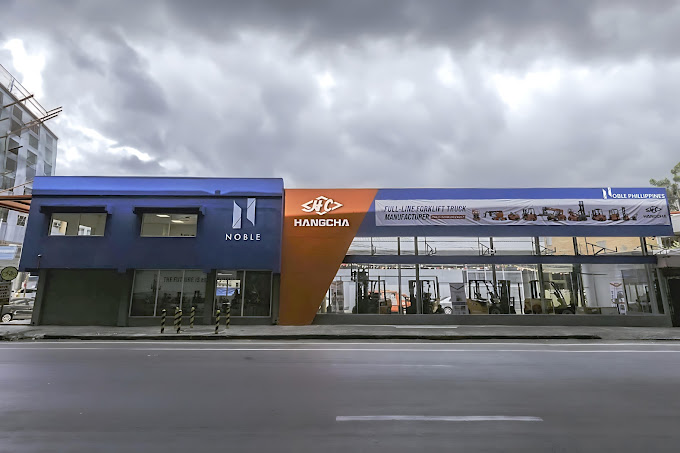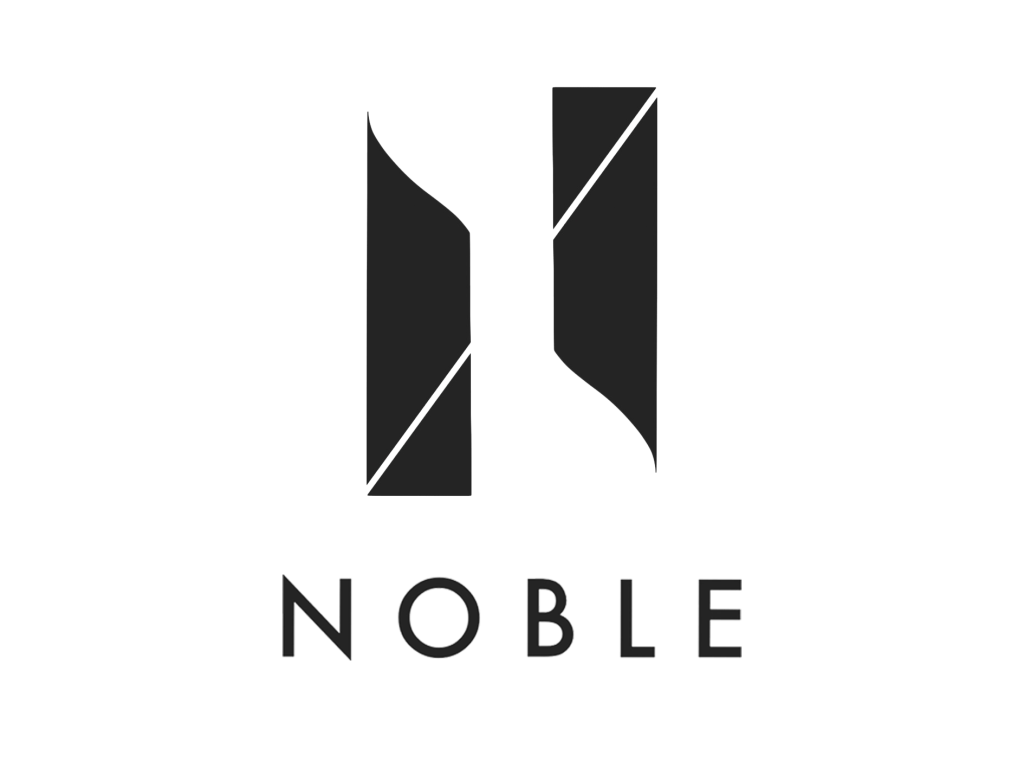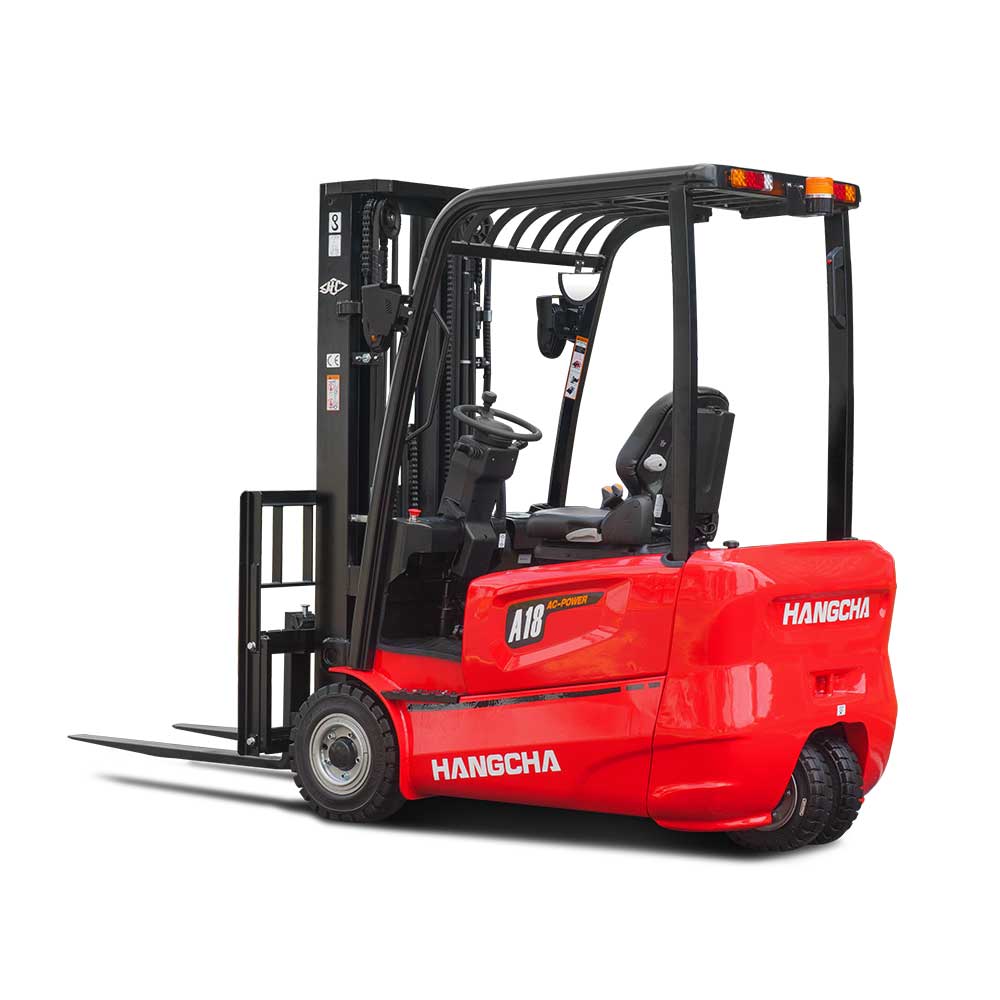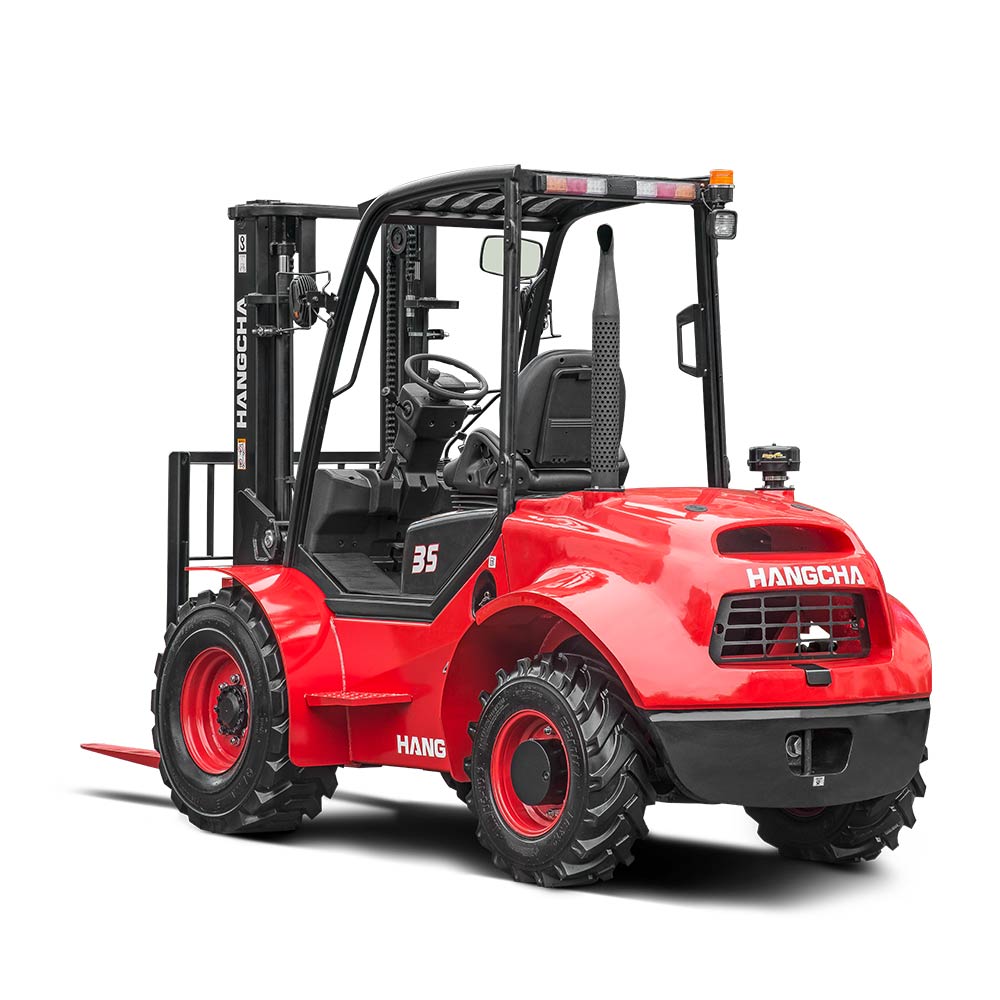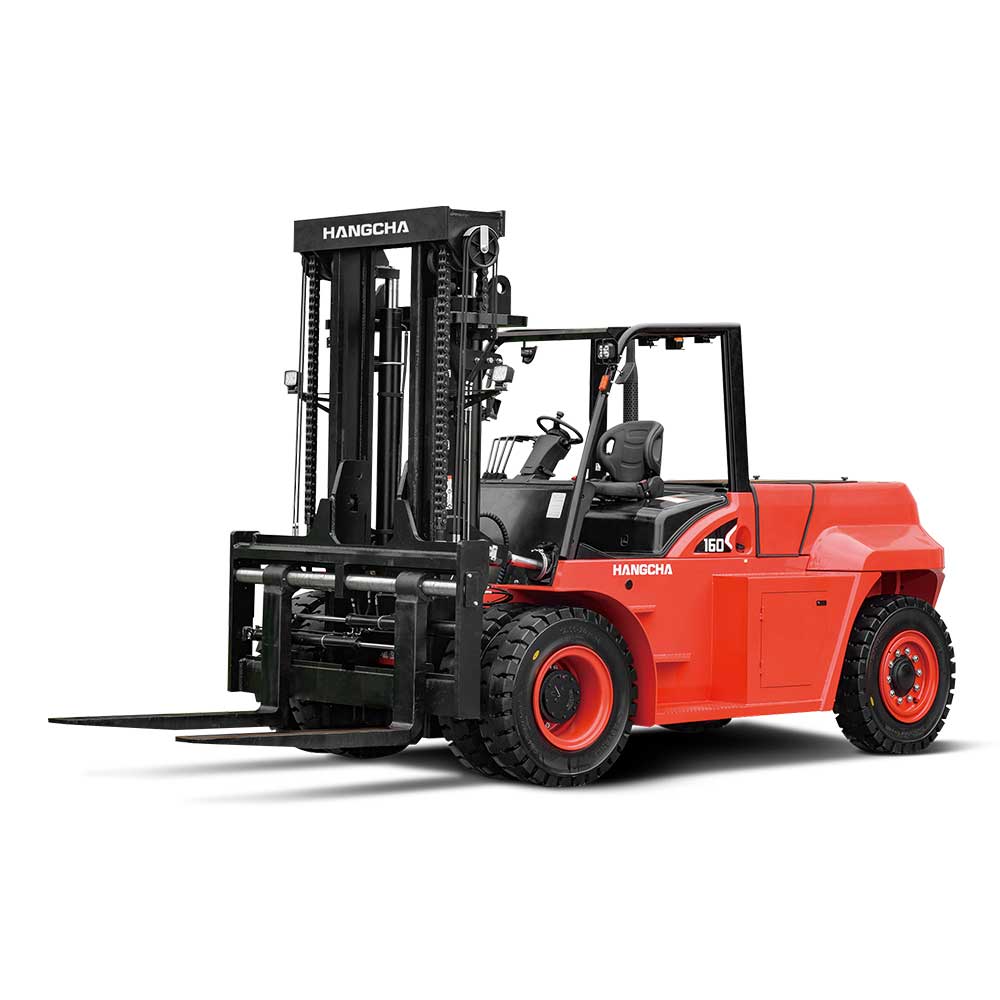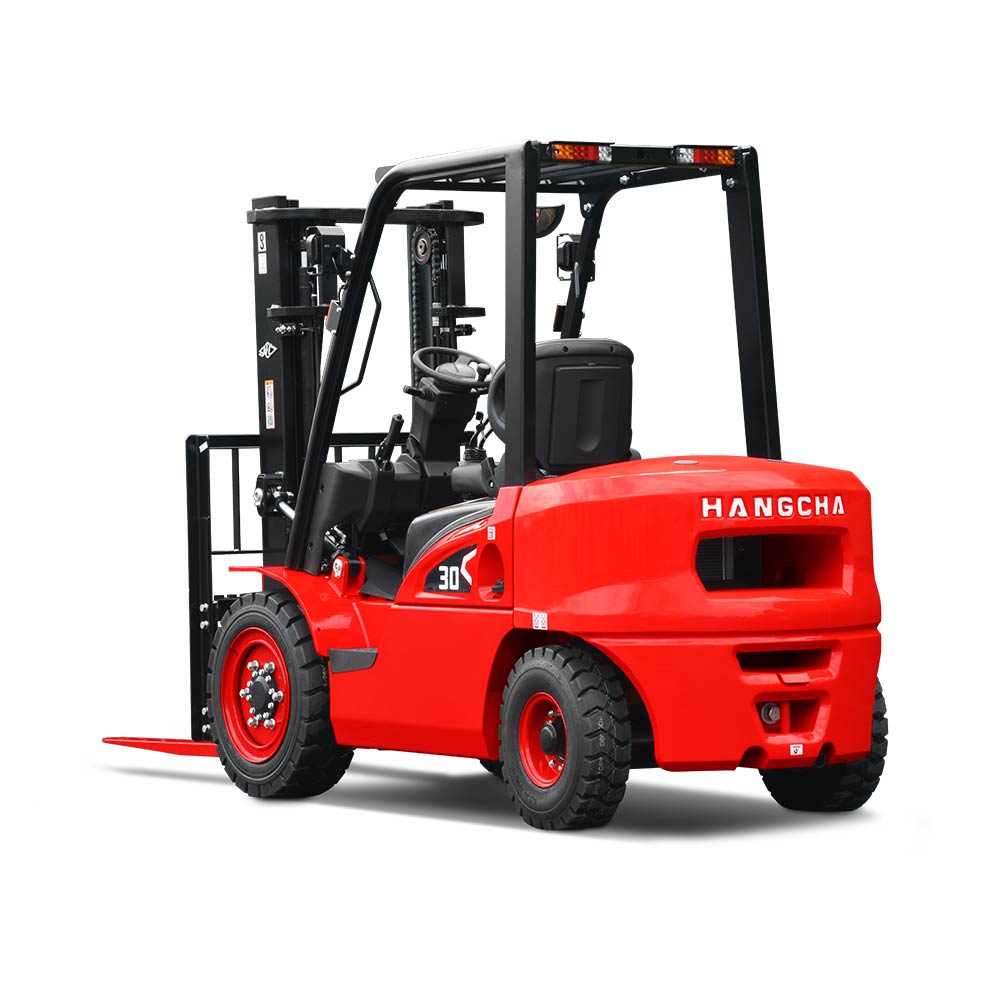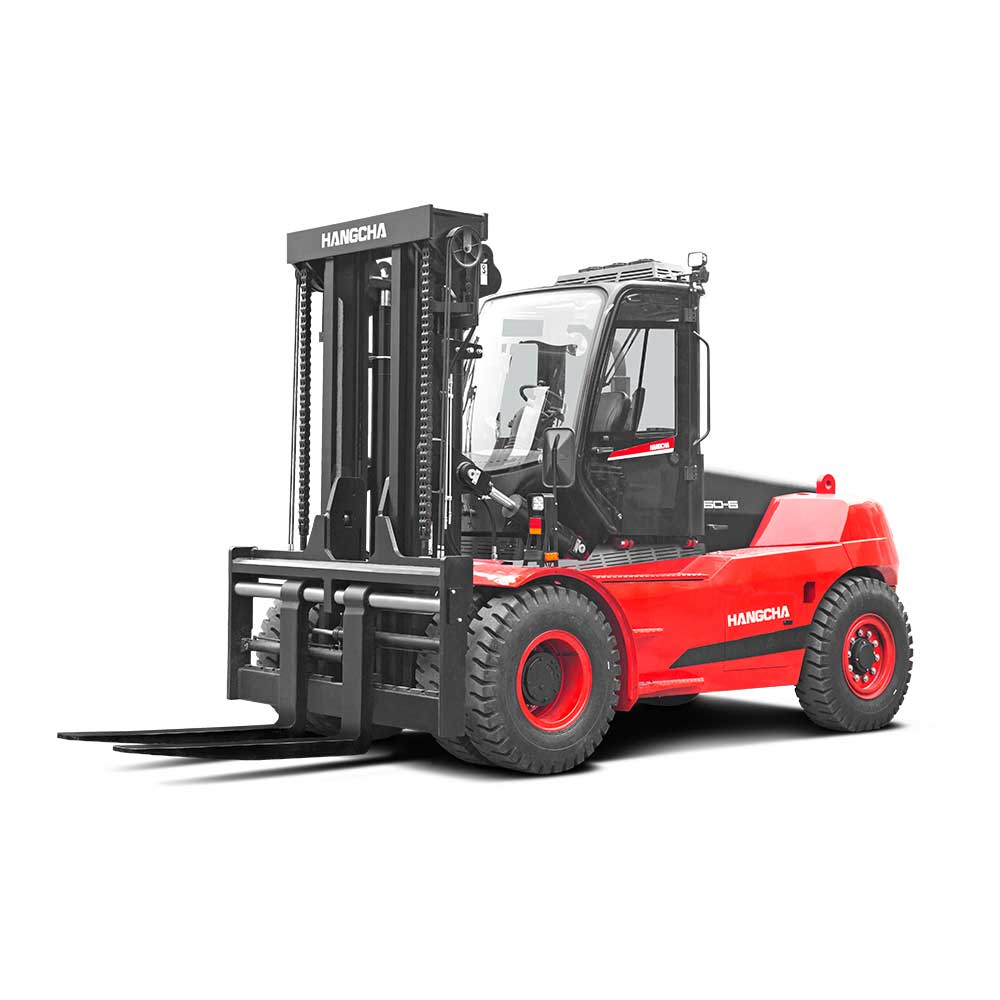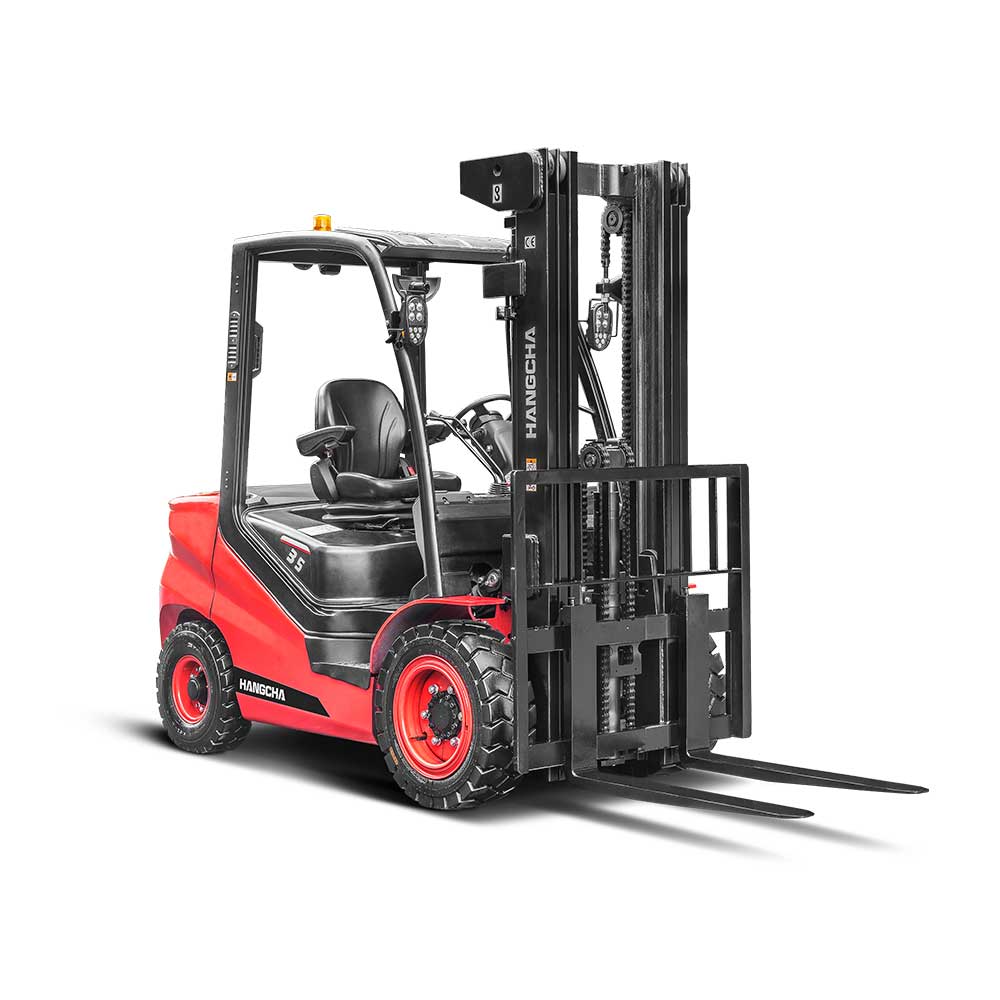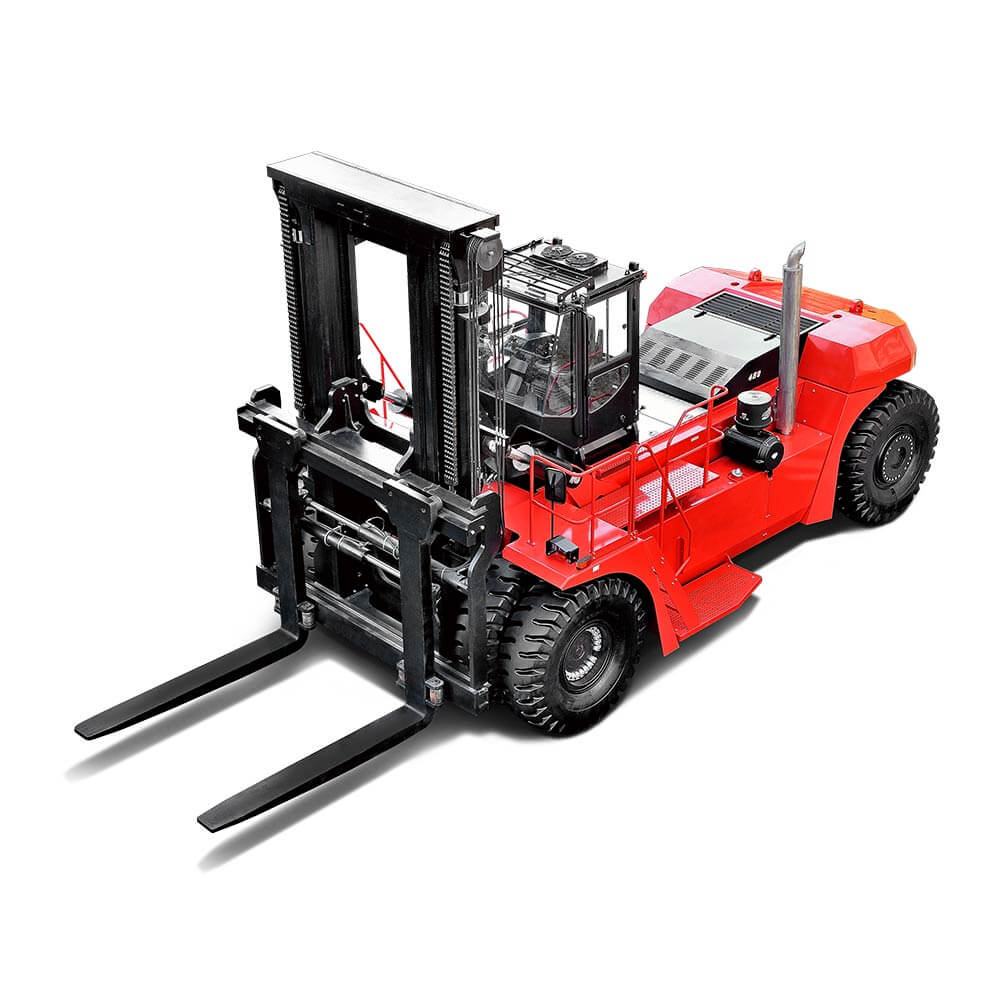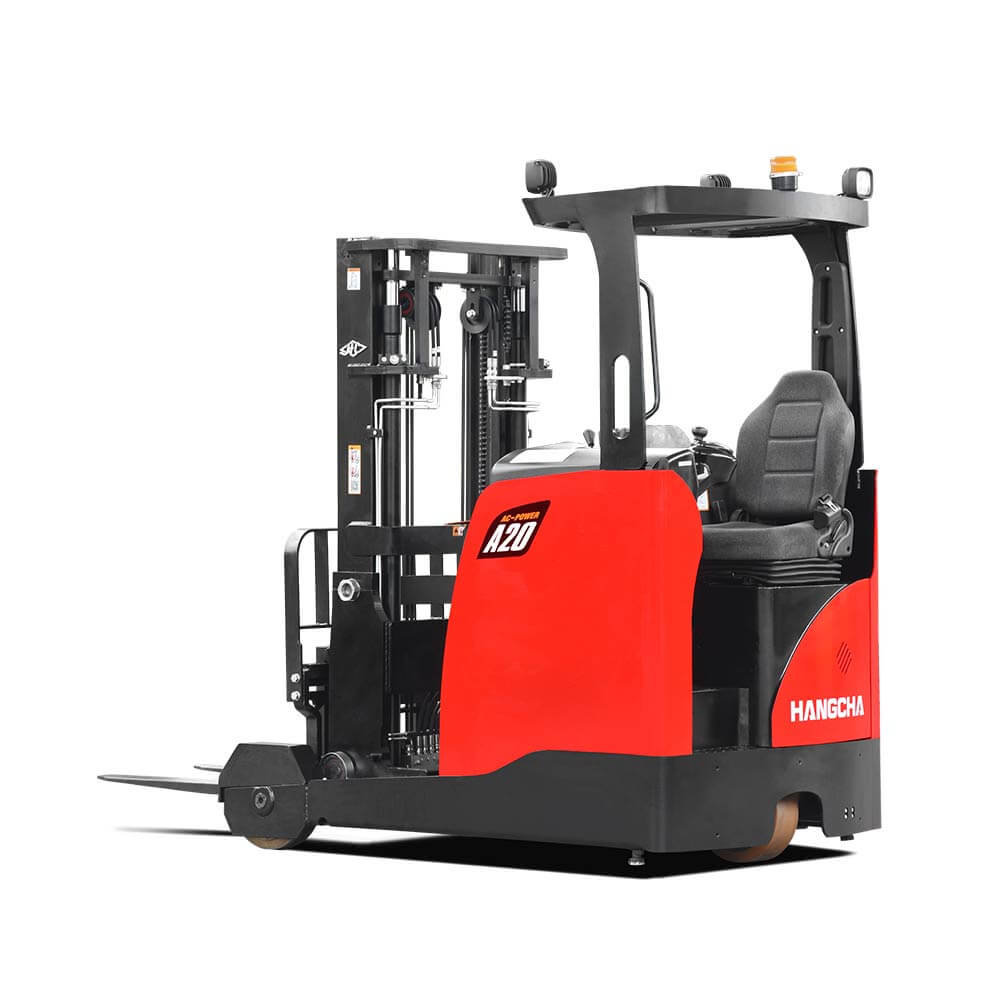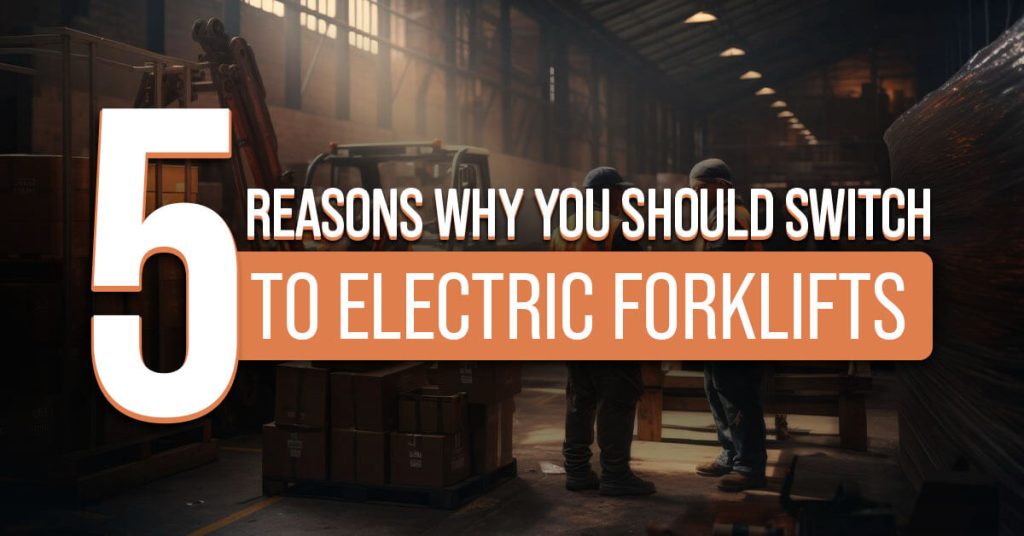At one point, nearly all forklift users preferred equipment powered by internal combustion engines. This is due to early combustion engines being more practical for long-distance operations, as compared to the early electric battery technology which had shorter ranges and longer recharging times. In recent years, however, electric forklifts have been growing in market share within the material handling sphere, and it’s only predicted to continue growing in the years to come.
Is it time for you to jump the ship and make the switch from internal combustion forklifts to lithium-ion forklift trucks? Then, to help you decide whether conversion is the best thing for your business, here are five (5) reasons why we believe you should do so.
Why You Should Shift to Electric Forklifts
As the country moves toward sustainability, electric forklifts shine as the best-in-slot alternatives. The reduction of carbon footprint, lower noise pollution, and compliance with stringent environmental regulations make them a responsible choice for any forward-thinking business. But that’s not all that there is to electric forklifts.
1. Cost Efficiency
When comparing costs, it is important to note that cost-effectiveness comes down to more than just the initial out-of-pocket purchase. So while diesel forklift trucks may be generally cheaper, the caveat is that electric is the way to go. Or more specifically, battery charging is now considered more economical than diesel refueling. So while the initial investment in electric forklifts may seem more costly, expect that the long-term savings are substantial. Lithium-ion forklifts, in particular, bring in considerable cost savings. Not only do they last 4x longer than other forklifts, lithium-ion forklift batteries are also reported to be 40% more energy efficient than lead-acid batteries and 88% more energy efficient than diesel forklifts.
2. Multi-Shift Operations
For businesses whose operations last for 16 to 24 hours a day, battery life is crucial for smooth operations. The key difference between lead-acid and lithium-ion batteries is the battery discharge. Lead-acid batteries require eight (8) hours of charging and eight (8) hours of cooling. Altogether, it is equal to about 16 hours of downtime before use. This means that a lead-acid forklift may need 2 to 3 batteries to be able to work multiple shifts. In comparison, the lithium-ion forklift gets charged within two hours without the need for a cooling period. Hangcha’s lithium-ion forklift trucks are manufactured with a rapid charging feature that allows for 100% charging capacity in as little as two hours. Additionally, you can charge your Li-ion forklift during your 15-30 minute breaks without thinking of damaging the battery as well as experiencing downtimes.
3. Opportunity Charging
Recent electric battery technology relies heavily on battery charging, and being able to plug in your equipment for short periods of time while still getting the maximum performance is a luxury that not many IC forklift users get to enjoy. Lithium-ion forklifts specially benefit from what is coined as “opportunity charging,” which is the practice of charging forklift batteries for short periods of time rather than full all at once. This is why it’s possible for lithium-powered forklifts to work multiple shifts consistently.
4. Reduced Maintenance Labor
Internal Combustion engines have a whole ecosystem of moving parts that are constantly under threat of malfunction. With fewer moving parts, electric forklifts require less maintenance and boast impressive longevity. But between lead-acid and lithium-ion batteries, the latter is easier to maintain. Lead acid batteries must be completely run down before they can be charged and require regular watering. On the other hand, lithium-ion forklifts do not require constant watering equalizing charging, or cleaning. This type of battery comes with sealed cells so you don’t have to wash or add water to keep them going. Moreover, swapping batteries is unneeded because lithium batteries can remain inside a forklift longer. This translates to reduced downtime, less risk of damage due to poor maintenance, and most importantly, increased productivity.
5. Higher Return on Investment
Hangcha lithium-ion forklifts pay for themselves over time. The longevity and reduced maintenance requirements of lithium-ion forklifts contribute to substantial long-term savings, providing a positive impact on ROI. Moreover, customer usage analysis of lithium-ion forklifts indicates a nearly 50% saving of the total cost per forklift compared to other types of material handling equipment. The exact amount that you can save (in figures) depends on specific cost structures. However, the consensus is that with lithium-ion technology, you get an ROI guarantee. Before you know it, you have enough to buy another lithium-ion forklift!
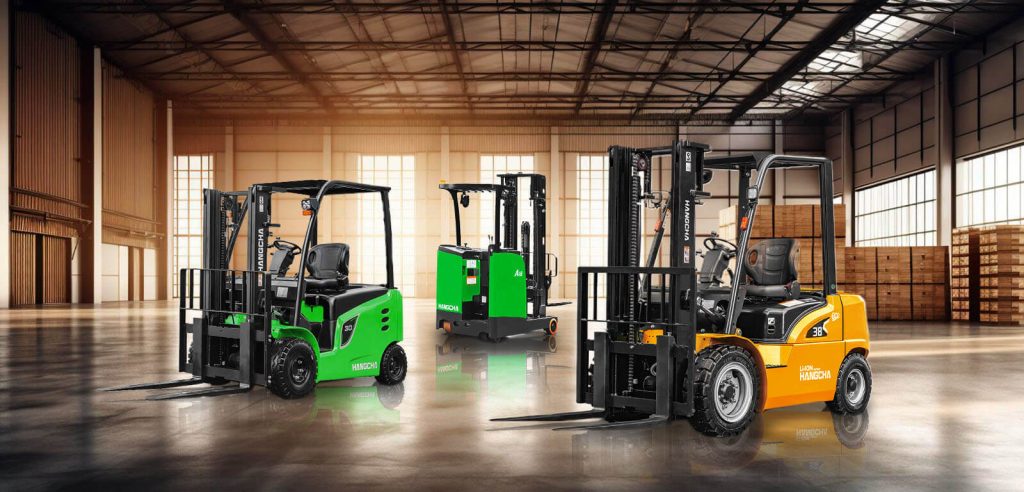
Make the Switch to Electric Forklifts!
The utilization of lithium-ion forklifts specifically enhances advantages like rapid charging, multi-shift operations, opportunity charging, and reduced maintenance labor. These forklifts, particularly Hangcha Lithium-ion forklift trucks, come with a money-back guarantee, underlining Hangcha’s and Noble Philippines’ confidence in the product. Customer usage analysis also indicates substantial savings, with nearly 50% lower total costs compared to other material handling equipment. This not only demonstrates the cost-effectiveness of lithium-ion technology but also paves and positions the MHE as a wise investment for businesses aiming for a positive return on investment (ROI).
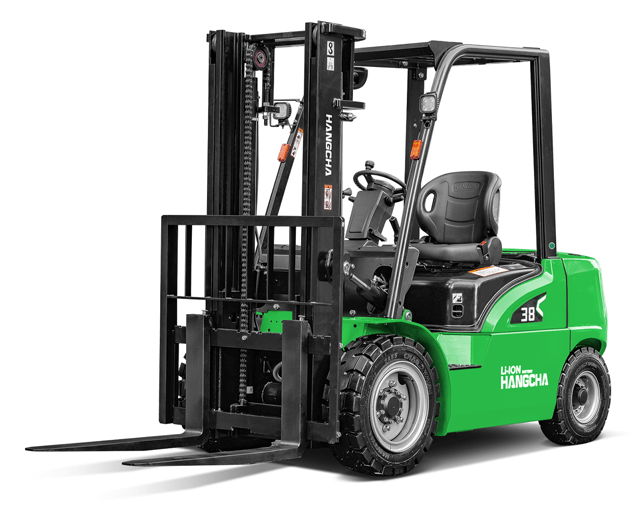
Contact Noble Philippines For Your Electric Forklift Needs
Making the switch to electric forklifts, specially those powered by Hangcha lithium-ion technology, is a strategic move that aligns with the demands of modern, efficient, and environmentally conscious material handling practices.
To embark on this eco-conscious and cost-effective journey, you can rely on Noble Philippines for your electric forklift needs.
